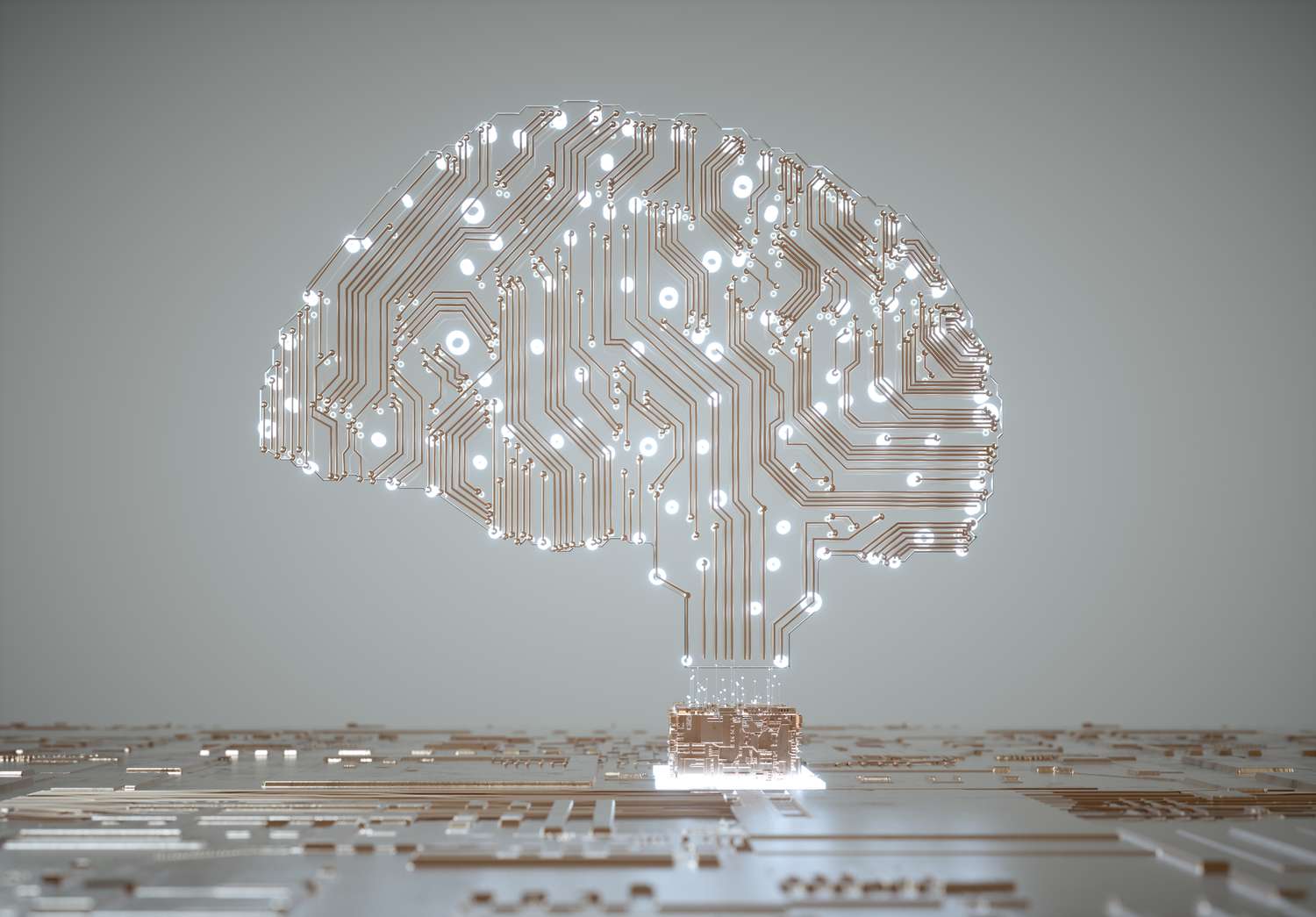Introduction
In the realm of technology, few advancements have captured the imagination and potential of humanity like Artificial Intelligence (AI). Over the past few decades, AI has evolved from a concept of science fiction to a transformative force across various industries. In this blog, we will explore the remarkable world of AI, examining its origins, current applications, and the profound impact it continues to have on our lives.
The Genesis of AI
The roots of AI can be traced back to the 1950s when pioneers like Alan Turing and John McCarthy began envisioning machines with the ability to simulate human intelligence. This marked the dawn of AI as a field of study, sparking a journey of exploration into creating intelligent machines that could reason, learn, and adapt.
Understanding AI
AI refers to the development of computer systems that can perform tasks that typically require human intelligence. These tasks encompass a broad spectrum, from speech and image recognition to natural language processing, pattern recognition, and decision-making. Machine Learning, a subset of AI, enables systems to learn from data without explicit programming.
AI in Everyday Life
In recent years, AI has seamlessly integrated into our daily lives, often without us even realizing it. From virtual assistants like Siri and Alexa that respond to our voice commands to personalized recommendations on streaming platforms, AI algorithms work tirelessly behind the scenes to enhance user experiences.
Revolutionizing Industries
AI is revolutionizing industries in ways previously unimaginable. In healthcare, it aids in early disease detection and diagnosis, while in finance, it optimizes investment strategies and detects fraud. The automotive industry is exploring self-driving technology, and AI-driven chatbots are transforming customer service interactions.
Ethical Considerations
As AI becomes more prevalent, ethical considerations become vital. Discussions surrounding data privacy, bias in AI algorithms, and the potential impact on the job market have led to a push for responsible and transparent AI development.
AI and Creativity
Contrary to concerns about AI replacing human creativity, it is also showing promise in augmenting artistic expression. AI-generated art, music, and literature have sparked debates on the relationship between human creativity and machine learning.
The Future of AI
The future of AI is both exciting and uncertain. Advancements in quantum computing, Natural Language Processing (NLP), and reinforcement learning continue to propel AI into uncharted territories. As AI continues to evolve, it holds immense potential for solving complex global challenges and fostering innovation in unprecedented ways.
Conclusion
Artificial Intelligence has transcended the realms of science fiction to become an integral part of our daily lives. From our smartphones to industries, AI’s pervasive influence continues to shape the way we live, work, and interact. Embracing AI with thoughtful consideration of its ethical implications will enable us to harness its transformative power for the betterment of society. As we navigate the age of AI, we are witnessing a profound shift in how we perceive and interact with technology, driving us towards a future where the possibilities are limitless.

